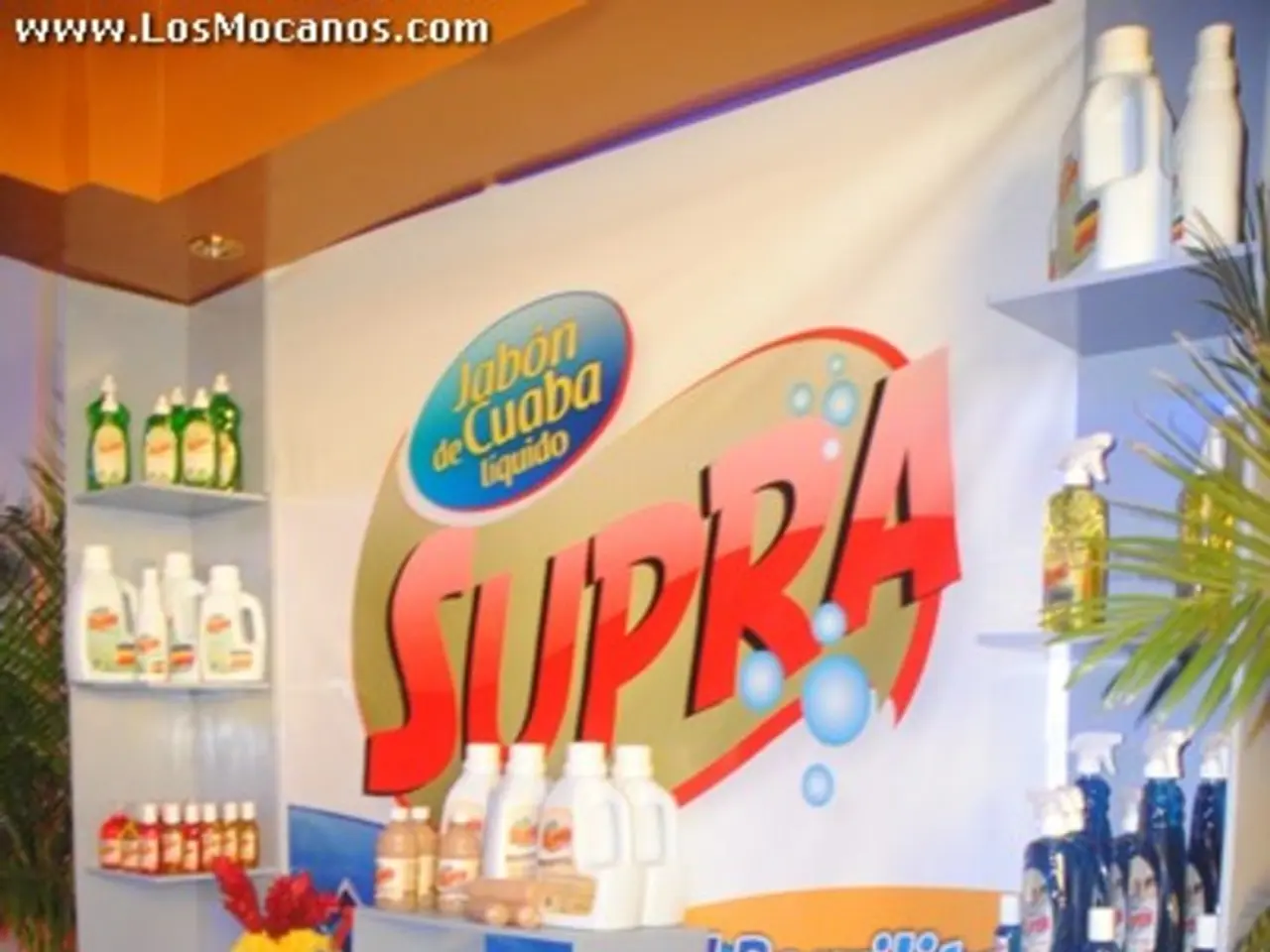Europe's Fructose Market for Food and Beverage Industry Predicted to Reach 1181.3 KT by 2034
The European fructose market for food and beverages is witnessing a transformation, driven by innovative strategies and collaborations from key players. This evolution aligns with the EU's Farm to Fork Strategy, Green Deal, and Circular Economy Action Plan, as companies capitalise on trends like functional beverages and health-conscious snacking.
Cargill's acquisitions, such as the recent purchase of Leman Decoration Group, a European leader in chocolate and decorative products, underscore its commitment to the market. Similarly, Südzucker's expansion into fruit juice concentrate portfolio, including fructose-based sweeteners for beverages, and its investments in sugar reduction technologies, demonstrate a focus on meeting the dynamic demands of European consumers.
Ingredion, another major player, is focusing on clean-label and sustainable ingredients, a strategy that resonates with the EU's Green Deal. The company has also launched NOVATION Prima 340 and 360 functional native starches for use in beverages, and partnered with Amyris to develop sustainable, fermentation-derived sweeteners.
Tate & Lyle is another company making waves in the market. Its innovations in low-calorie sweeteners, like the new range of solutions under its DOLCIA PRIMA Allulose line, and fiber solutions, support the EU's Sugar Reduction Programme. The company has also collaborated with CP Kelco to develop texture and stabilization solutions for plant-based beverages.
Roquette, a prominent name in the industry, has partnered with Cosucra to develop pea-based ingredients for the food and beverage sector. The company has also launched NUTRALYS plant-based proteins and PEARLITOL, a sugar alcohol that can replace fructose in low-calorie applications. Roquette's focus on plant-based and sustainable ingredients also supports the EU's Circular Economy Action Plan.
The opportunities for innovation and expansion into organic and health-focused products remain substantial in the Europe Fructose for Food and Beverage Market. As consumer preferences continue to evolve towards healthier and more natural dietary choices, the market is poised for steady growth.
Investments in low-glycemic index sweeteners, such as Südzucker's collaborations with German research institutes, and stevia-based sweetener systems, like Cargill's introduction of ViaTech, are further shaping the future of the market.
While the provided search results do not contain information about key innovations or acquisitions within the European fructose market for food and beverages for 2034, it is clear that the industry is on a path of continuous evolution and growth. The collaborations and innovations discussed here are just a snapshot of the exciting developments shaping the future of the European fructose market for food and beverages.
Read also:
- Impact of Alcohol on the Human Body: Nine Aspects of Health Alteration Due to Alcohol Consumption
- Understanding the Concept of Obesity
- Tough choices on August 13, 2025 for those born under Aquarius? Consider the advantages and disadvantages to gain guidance
- Microbiome's Impact on Emotional States, Judgement, and Mental Health Conditions








